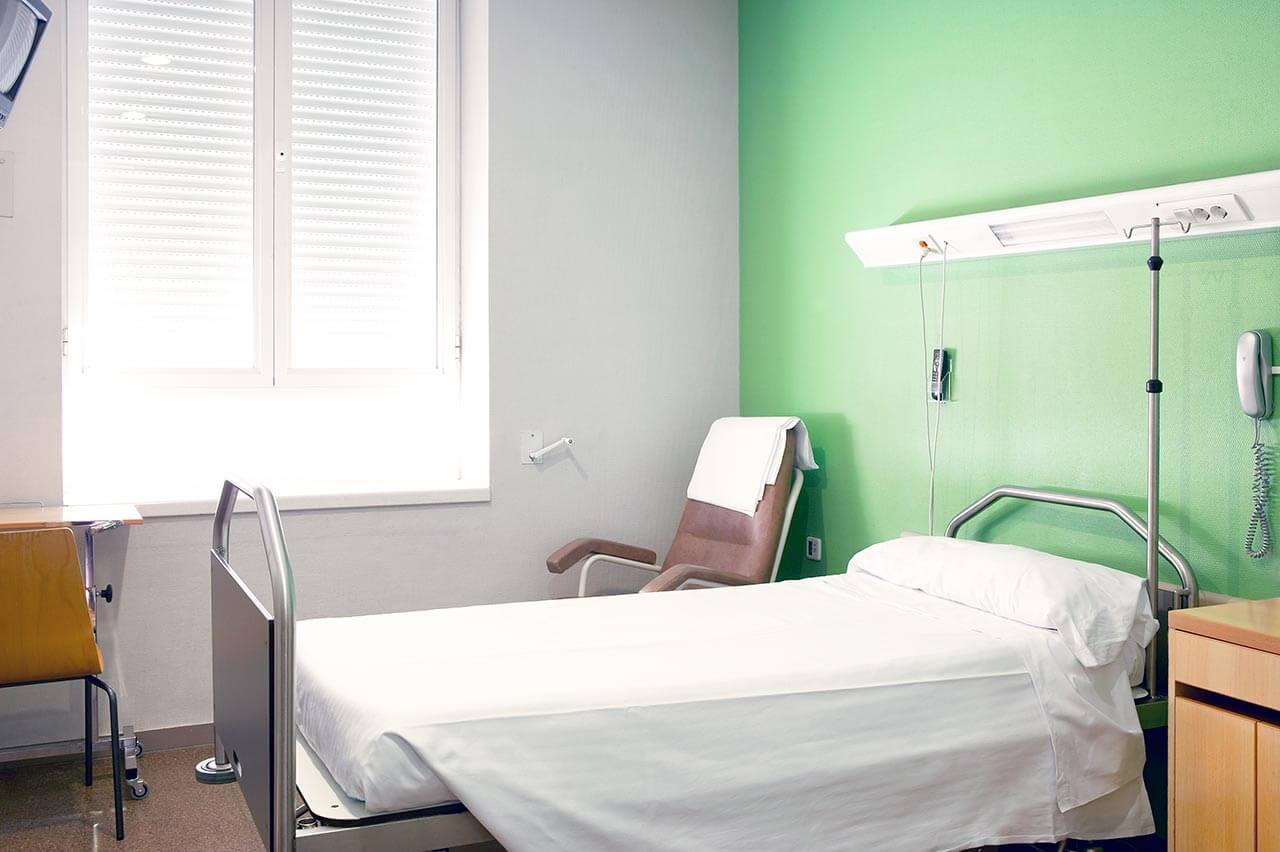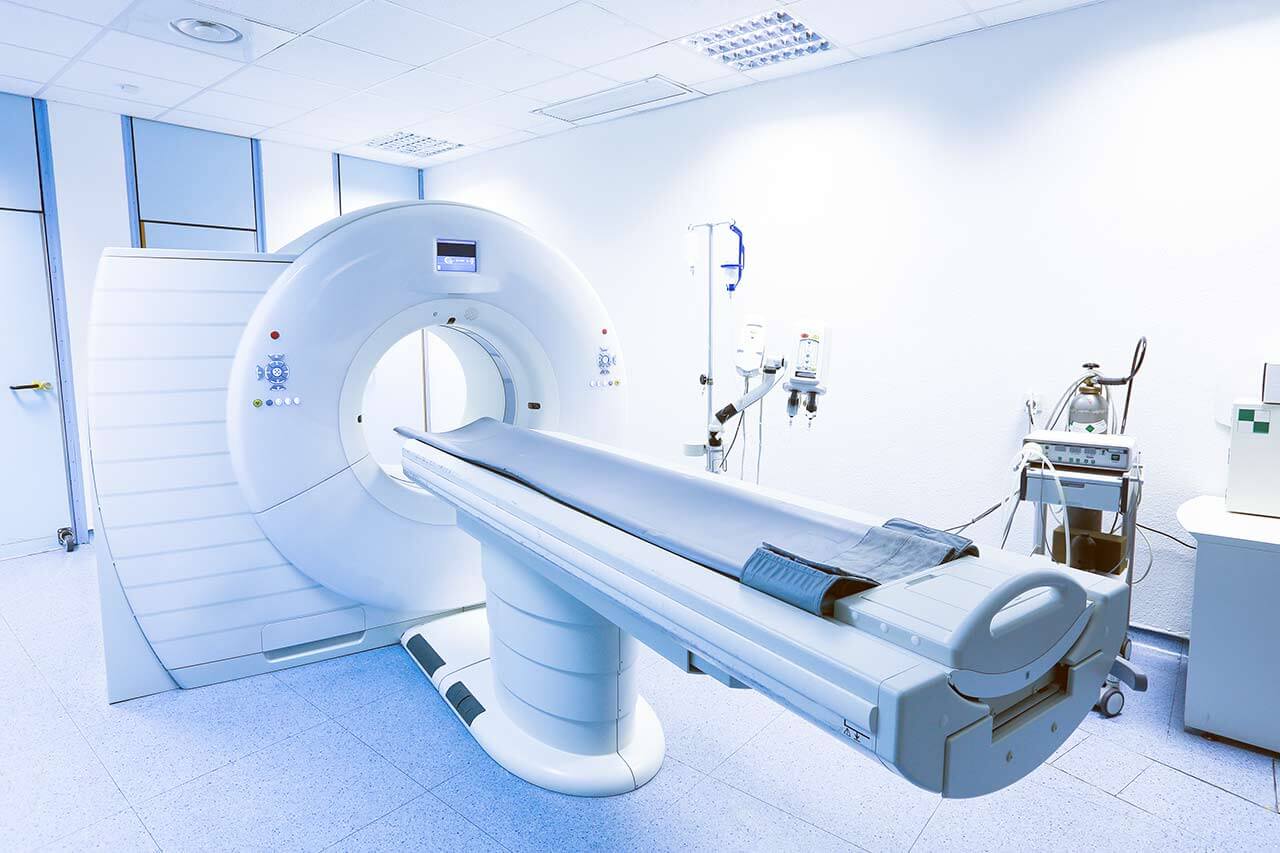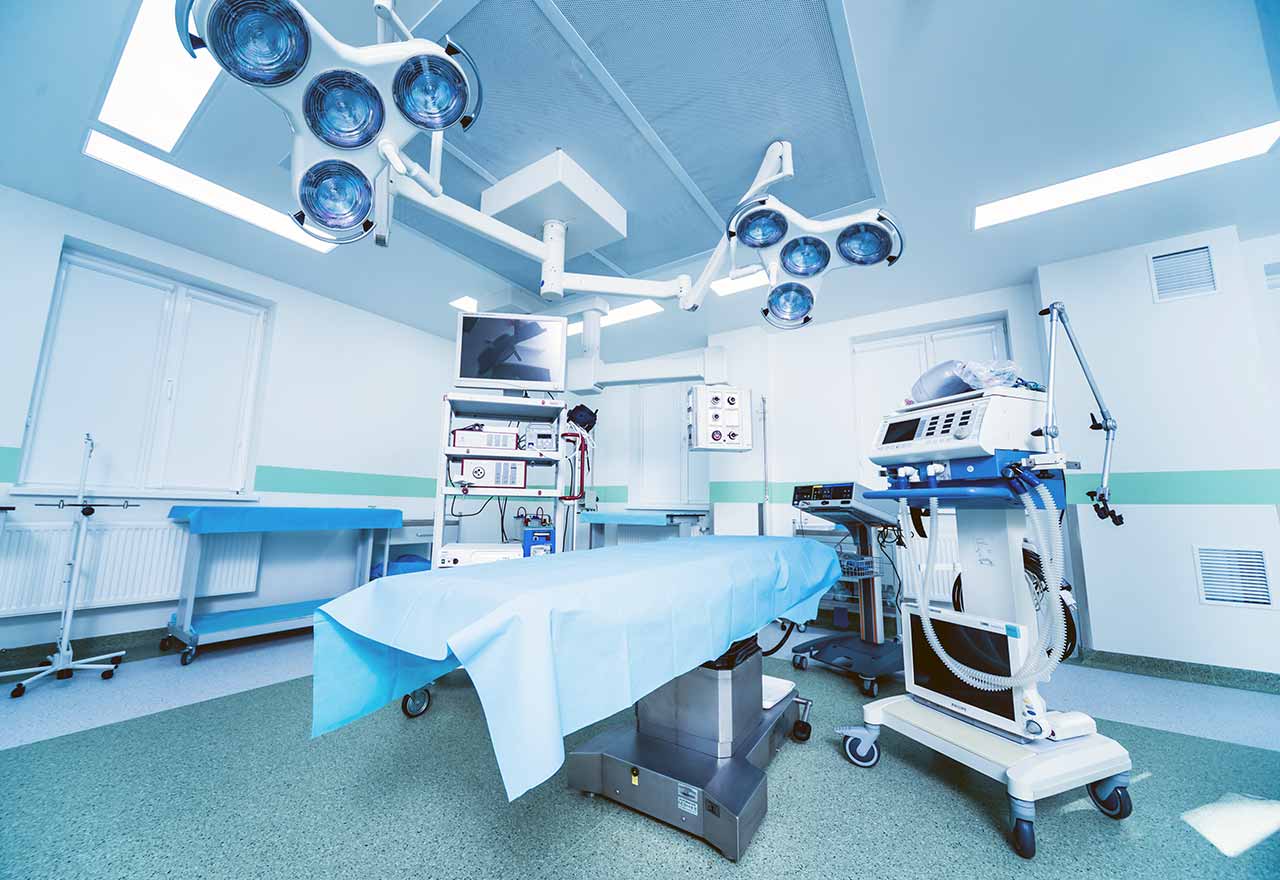
About the Department of Adult and Pediatric Urology at HELIOS Clinic Krefeld
The Department of Adult and Pediatric Urology at the HELIOS Clinic Krefeld offers the full range in these medical focuses. The department specializes in the diagnosis and treatment of all diseases of the urogenital tract in adults and children. Of particular interest is the treatment of benign prostatic hyperplasia, prostate cancer, bladder stones and urinary incontinence. Only safe innovative methods of therapy are used here. The department is headed by Prof. Dr. med. Martin Friedrich.
One of the most common diseases in men is benign prostatic hyperplasia. In the early stages of pathology, drug treatment is mostly used, while advanced stages require surgical treatment.
Prostate cancer treatment is a complex process. The main and most accurate diagnostic method for this pathology is MRI and MRI-guided biopsy. The purpose of surgical treatment is not only to remove the neoplasm, but also to preserve the nerves of the penis. Consequently, surgeons plan each operation with special care, calculating the smallest nuances. To do it, they use advanced, high-precision imaging equipment. The surgical intervention is quite often supplemented with conservative treatments, for example, radiation therapy, chemotherapy, hormonal therapy. Any therapeutic intervention is prescribed to each patient individually, with due consideration of a specific clinical situation. It should be noted that the department is actively involved in research activities, so another alternative is to participate in clinical trials on prostate cancer treatment.
In the field of pediatric urology, there are provided both diagnosis and treatment of all congenital and acquired diseases of the kidneys, bladder and external genitalia in children and adolescents. Most often, the specialists of the department have to deal with such pediatric diseases as expansion of the renal pelvis, urinary incontinence in children, including bedwetting, periodic urinary tract infections, congenital malformations, for example, hypospadias, phimosis, undescended testes, etc.
The range of medical services of the department includes:
Benign prostatic hyperplasia
- Laser enucleation of the prostate
- Minimally invasive procedure TURis
- Open surgical interventions (in especially severe cases)
- Prostatic artery embolization (often used to treat elderly patients)
- And other treatment methods
Prostate cancer
- Chemotherapy
- Radiation therapy
- Hormonal therapy
- Surgical interventions (in most cases, nerve-preserving)
- Participation in clinical trials (if desired)
- And other treatment methods
Kidney stone disease
- Ureteroscopy (endoscopic method for removing or breaking ureteral stones through the urethra)
- Percutaneous nephrolithotomy (Mini-PCN)
- Extracorporeal shockwave lithotripsy
- And other treatment methods
Urinary incontinence
- Conservative treatments
- Physical exercises to strengthen the muscles of the pelvic floor
- Biofeedback
- Use of pessaries
- Drug therapy
- Topical therapy
- Other treatment options
- Minimally invasive interventions to treat urinary incontinence in women
- TVT implantation
- Injections of colloidal solutions
- Other methods
- Minimally invasive interventions to treat urinary incontinence in men
- Advance Band for the treatment of incontinence
- Sphincter replacement (in severe forms of incontinence)
- Other methods
- Neurogenic urination disorders
- Botulinum toxin injections
- Nerve stimulation (sacral neuromodulation, bladder stimulant)
- Other treatments
- Reconstructive pelvic floor surgery
- In fistulas
- In weakened pelvic floor muscles
- In weakened bladder sphincter
Conservative and surgical treatment of pediatric urological diseases
- Extension of the renal pelvis
- Urinary incontinence in children (including bedwetting)
- Extension of the pelvis
- Urinary incontinence in children
- Malformations of the genitourinary system
- Hypospadias
- Phimosis
- Undescended testis
- Other pediatric diseases
Photo of the doctor: (c) Helios Klinikum Krefeld




